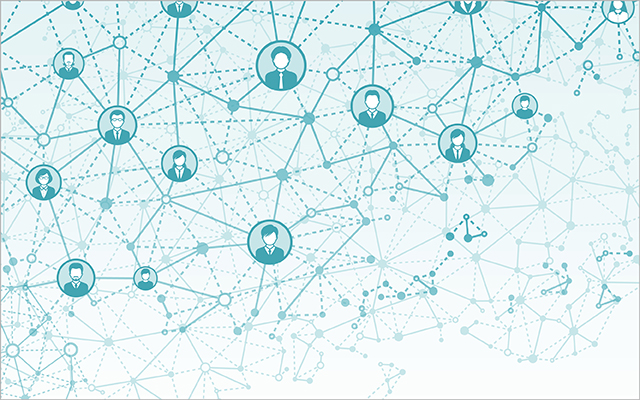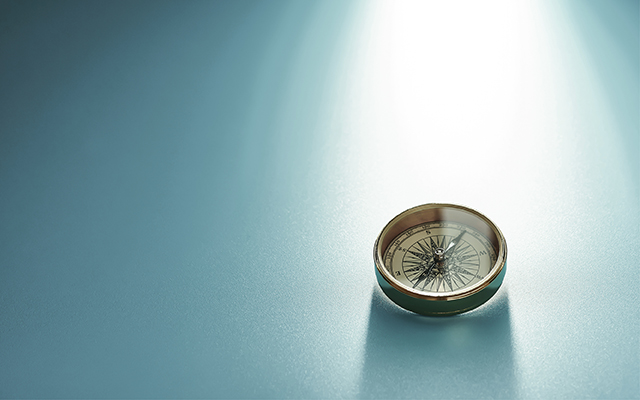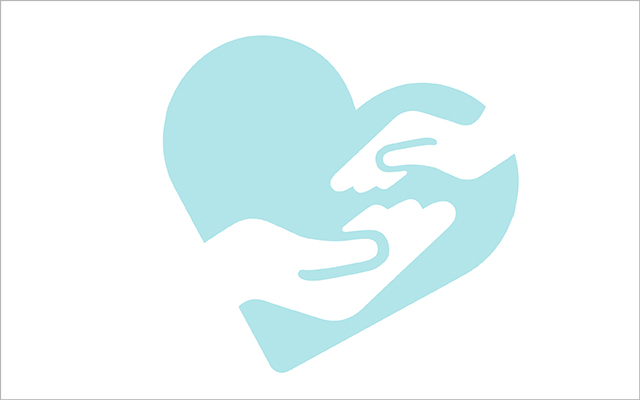Most of us are carrying around at least a few old grudges. Some of us feel the ache of wounds that may seem beyond forgiving.
But research suggests that, over the long haul, hosting blame and resentment is toxic to both our bodies and our minds. Holding on to old hurts harms us far more than those we perceive as the perpetrators of our wounds.
So in this installment of The Living Experiment, we’re talking about forgiveness and the important role it plays in our health and happiness. We also explore the opportunities it can offer — if and when we’re ready to embrace them.
In addition to sharing our own forgiveness experiences, we offer recommendations for approaching the process with patience and integrity. We also give you some experiments to help you explore the potential for forgiveness in your own life.
Forgive and Evolve
- The act of forgiving is not about shoving the past behind you or pretending that a painful experience didn’t happen. To many, the old adage “forgive and forget” sounds not just difficult but dangerous — an invitation to re-wounding and unhealthy denial.
- The directive “forgive and remember” can be equally problematic, because it tasks you with preserving an accurate, lifelong mental record of all the ways you were wronged. That’s a lot of energy to have tied up in a painful past.
- As an alternative, consider Pilar’s motto of “forgive and evolve” — an invitation to release your feelings of victimization while still committing to processing, healing, and harvesting the outcomes of your experience.
Seek Peace With the Past
- You can’t choose or change everything that happens to you in your lifetime, but you can choose your response. Reading the work of psychiatrist and concentration-camp survivor Viktor Frankl (who advocated for seeking meaning even in life’s most agonizing experiences) can serve as an important reminder of this.
- Traumas, brutalities, losses, and profound disappointments are not experiences most of us would choose to repeat. But dwelling on the idea that they “should not have happened” can leave us in a toxic state of disagreement with reality.
- Regularly harboring resentful or victimized thoughts and feelings can contribute to body-wide inflammation. Ruminating on the notion that somebody deliberately set out to hurt us can leave us feeling reactive and disempowered.
- That said, trying to prematurely “find the gift” in an awful experience, or to forgive another person before you’re really prepared to, can feel similarly awful.
- It is both possible and profoundly rewarding to draw gifts from painful losses. But Pilar also notes that this is not something you can force or rush your way through. Forgiveness has no finish line.
The Forgiveness Process
- Not sure how to go about forgiving? Read Mary Hayes Grieco’s structured, eight-step process that works wonders for many, and author Louise Hay’s method that specifically addresses childhood and family wounds. You can find links to those resources and others at www.livingexperiment.com/forgiveness.
- At its core, forgiveness is really just another word for healing. So when forgiveness feels out of reach, just take the next step in your own healing process. See where that leads and what’s available from there.
Experiments
Pilar suggests: Investigate a grievance you hold against another person by working through the three-question method known as Naikan (find instructions
at www.livingexperiment.com/forgiveness). With each question, notice if your feelings about the issue start to evolve.
Dallas suggests: Think about some “bad” thing you did that you have not yet forgiven yourself for. Consider how your choices might have been different if you’d had more insight, better self-regulation, or a different early-life experience to draw on. See if you can find more empathy for yourself, and if self-forgiveness feels any more within reach.
Listen and Learn: Check out this and other episodes of The Living Experiment podcast at LivingExperiment.com. Subscribe via Apple Podcasts, SoundCloud, and Stitcher.




This Post Has 0 Comments